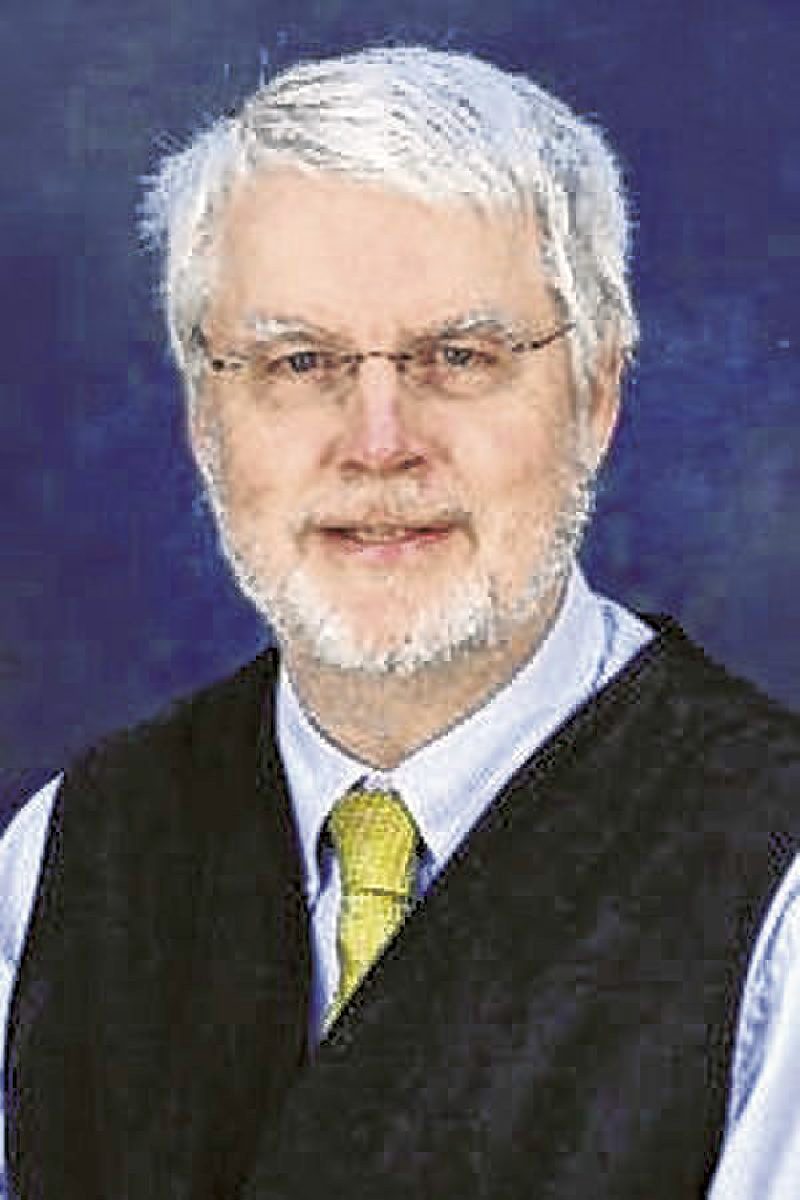“Physician, heal thyself.”
“Teacher, teach thyself.”
These two phrases came to mind last week after I finished preparing a talk that I’ve been invited to give a group in Indianapolis.
My talk’s title, “Martin Buber’s Wisdom for a Divided Country,” indicates what many of us who are familiar with Martin Buber believe — that this mid-20th century Jewish philosopher can help heal the widening gulf between the right and the left in our country.
This gulf is felt by most, if not all, of us. How many times in the last few years have you said or thought the following: “It’s no use talking with _______________. She won’t change, and neither will I.”
Or, “When __________ gets going, I feel myself turning away or distancing myself from him.”
As the Jan. 6 assault on the Capitol showed clearly for all the world to see, our country is splitting apart. The good news is that Martin Buber can help us close the breach.
The first bit of advice Buber offers is, “This gulf is what you have to deal with, so deal with it,” although Buber would express that advice more eloquently. Buber doesn’t mean that we just put up with the present strain and stress. For Buber, “dealing with” our ideological gulf means leaning into it and accepting this gulf as our responsibility to face and, yes, solve.
That brings us to Buber’s second insight, which is that true dialogue between differing parties is the only way to heal the breach. That might sound trite unless we accept Buber’s perception that what often passes for dialogue is actually both sides offering monologues. Neither side listens to the other, and both sides only speak past each other. The more each side feels unheard, the louder they scream. The more one side screams, the more the other side turns away.
If you doubt that Buber has put his finger on an important truth, listen to what occurs on the floors of the Senate and the House of Representatives in Washington. One monologue after another with neither side really listening to the other.
For Buber, the only hope for a divided society is for some people from both sides to engage in what he calls “turning.” What our country most needs is not for the right to convert the left or the left to convert those on the right, but for both conservatives and liberals to turn toward each other. Instead of screaming our set speeches at each other, Buber suggests we offer our vulnerability, our willingness to listen from the heart.
If all this sounds rosy and impractical, let me return to: “Teacher, teach thyself.”
After I finished preparing for my talk on Buber last week, I quickly turned my attention to other things on my mind. One of those things was deciding what to do with my outrage over the fact that both Indiana senators had voted against the voting rights bill. I couldn’t understand how anyone who believes in democracy could vote to limit the right of people, especially people of color, to vote.
The first senator I contacted online got both barrels from me. I threw my disgust at him and told him that he should be ashamed of himself. It was when I was halfway through using the same shaming language with the second U.S. senator that Buber’s wisdom returned and hit me like a thunderbolt. My shaming message was my screaming monologue, my way of turning away from this senator. I was repeating exactly what Buber identified as the problem.
Having not yet sent my message to the second senator, I erased that message and started over, this time trying to follow Buber’s advice to “turn toward” this senator with whom I disagreed. It wasn’t easy, but after a few moments, I realized that the moment invited me to be real with the senator, to share my support for the voting rights bill that he’d voted against, and then to ask him to help me understand why he voted the way he did.
The first senator, or at least one of his aides, got an earful from me. I don’t expect my outrage to change his thinking at all. But thanks to Buber, the second senator received my invitation for the two of us to relate to one another.
I look forward to his response and hope, even in our differences of opinion, that we can bridge the gulf between us. I commit to listening with my whole being to his view as I hope he will commit to listening to mine.
David Carlson of Franklin is a professor emeritus of philosophy and religion. Send comments to [email protected].





